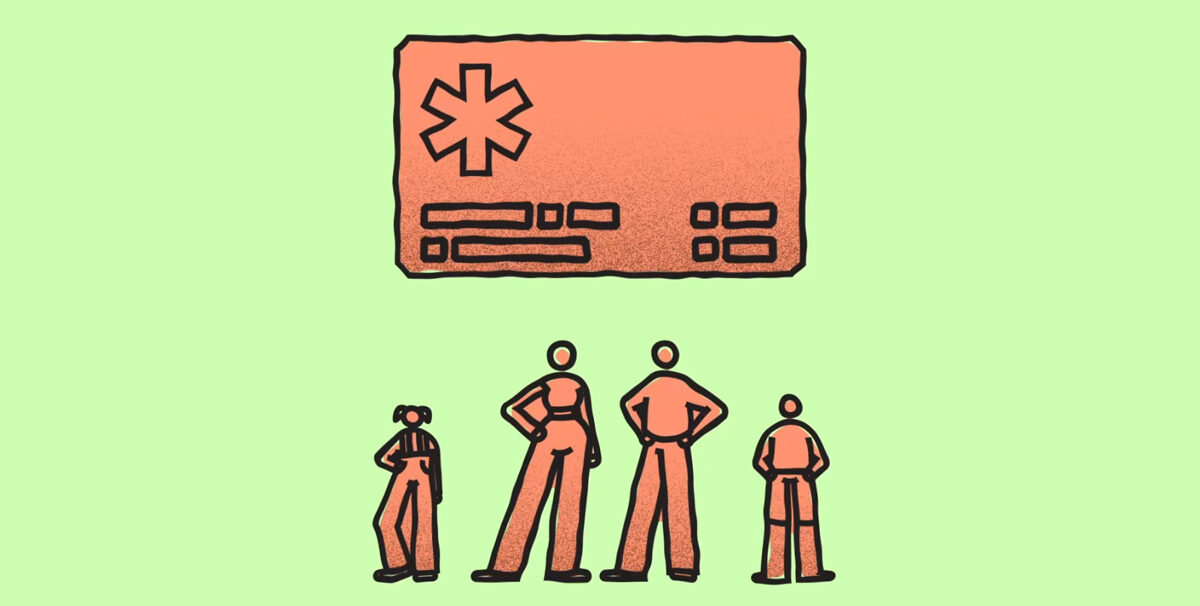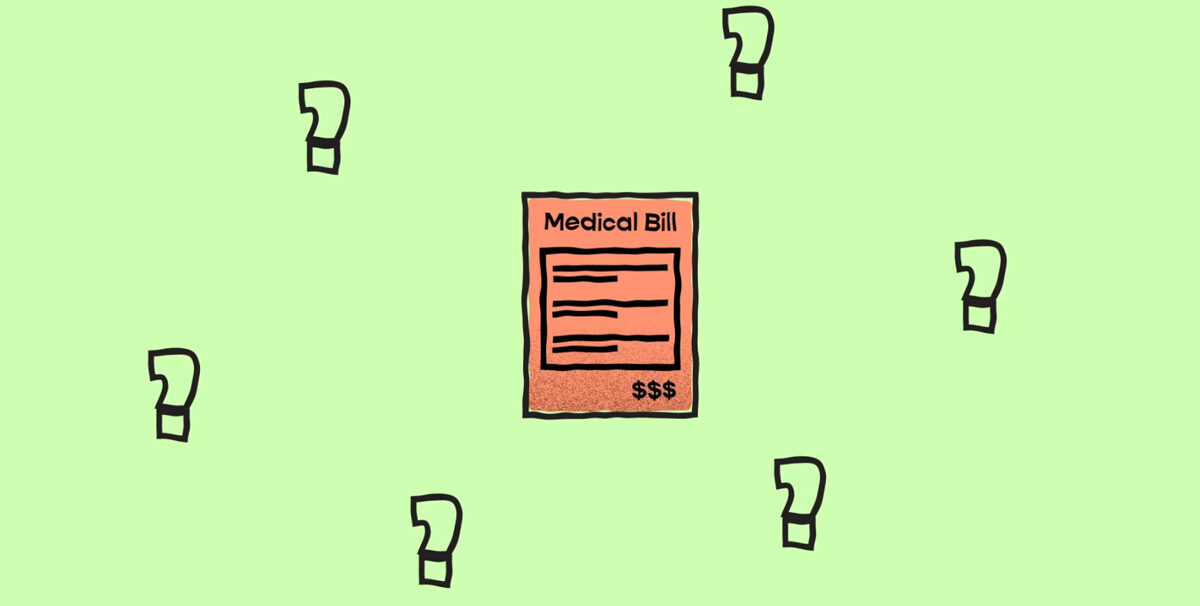Understanding Your Kidney Health
March is National Kidney Month, making it a great time to take charge of your health by lowering your chances of developing kidney disease. Your kidneys filter your blood to remove waste and extra water to create urine. They also make vital hormones that produce red blood cells, promote bone health and regulate blood pressure. As such, the kidneys play a vital role in your body.
Kidney disease is a leading cause of death in the United States. Today, 15% of Americans are affected by kidney disease—and most won’t have symptoms unless their kidneys fail. There are numerous physical signs of kidney disease, but most people attribute them to other conditions. If you have one of these risk factors, you may be at risk for kidney disease:
- High blood pressure
- Heart disease
- Diabetes
- Excess weight
- Family history of kidney disease
Your kidneys work hard for you, so taking good care of them is essential. Consider these tips:
- Get tested. Regular screening for kidney damage or disease can allow you to keep track of your kidney’s health and help prevent future damage.
- Reduce over-the-counter drug usage. Nonsteroidal anti-inflammatory drugs (e.g., ibuprofen) can cause kidney damage if taken regularly, so never exceed the recommended dosage.
- Exercise regularly. Exercising helps lower your blood pressure and boost heart health—both critical factors in preventing kidney damage. Focus on being active for at least 30 minutes a day.
- Eat a healthy diet. Studies reveal that eating whole grains, nuts, fruits and vegetables is one of the best ways to keep kidneys healthy. A plant-based diet may also help prevent and treat kidney disease.
- Drink plenty of fluids. Water helps flush sodium and toxins from your kidneys. It’s recommended that men should get about 15.5 cups of fluids each day, and women need about 11.5 cups.
Important Functions of Protein
Proteins are made up of many building blocks called amino acids and are fundamental for proper body functioning and good health. Recognizing the multifaceted importance of protein underscores the need to incorporate protein sources into your diet to maintain optimal health and function across various bodily systems. Protein plays a crucial role in the following body functions:
- Growth and maintenance – Proteins are instrumental in the regeneration and repair of organ and muscle tissues.
- Communication – Some proteins are hormones and act as chemical messengers between cells, tissues and organs.
- Storage and transportation – Some proteins transport nutrients (e.g., vitamins and minerals), cholesterol and oxygen throughout your entire body, while others store them.
- Fluid balance – Proteins in your blood maintain the fluid balance between your blood and the surrounding tissues.
- Immune health – Antibodies and other components in your immune system are proteins that fight infections and disease. Collectively, these functions make protein one of the most important nutrients for your body. Talk to your doctor if you have any questions about your diet.
Collectively, these functions make protein one of the most important nutrients for your body. Talk to your doctor if you have any questions about your diet.
Healthy Eating 101
Eating a well-balanced diet is key to maintaining your health. In fact, improving your diet could help you live longer and reduce the chances of developing costly chronic diseases. Keep the following tips in mind when you’re getting started on your healthy eating journey:
- Personalized Eating Plan – Speak with your doctor or health coach to develop a plan that will give you the amounts of each food group you need daily. They may recommend you seek out a registered dietician to create the best plan for you.
- Realistic Goals – You are more likely to succeed in reaching realistic goals when you make changes gradually. Start with small changes and work from there.
- Variety of Foods – Fifty percent of your plate should be filled with fruits and vegetables, 25% with lean meat, poultry or fish, and 25% with whole grains.
- Eat Goals – It takes 15-20 minutes for your brain to get the message that your body is getting food. When your brain gets this message, you may stop feeling hungry.
- Portion Control – Talk with your doctor or visit the USDA’s website to learn more about proper portion sizes and daily food intake customized to your age, gender and activity level.
Enhancing Mental Health with Nutrition
Some people who are managing mental health conditions may turn to food to self-soothe or find emotional support—others may avoid or limit intake. These choices can create discomfort for the brain and exacerbate pre-existing feelings. Fortunately, increased mental strain can be remedied by making different—and healthier—food choices. A healthy mind and body are essential elements in coping with mental health issues or other related conditions.
According to the U.S. Centers for Disease Control and Prevention, only 1 in 10 adults eats the recommended number of fruits or vegetables, so you may need to strive to eat more of those essential food groups. Regardless of if you’re battling a mental health condition, fruits and vegetables are crucial for maintaining good health. In addition, health experts recommend incorporating the following into your diet to help improve mental health:
- Fermented foods (e.g., kimchi, miso, kombucha, kefir and yogurt)
- Omega-3 fatty acids (e.g., salmon, flaxseeds, chia seeds, walnuts, avocado and olive oil)
- Spices (e.g., turmeric, oregano, rosemary, ginger and garlic)
- Tea (e.g., green, chamomile and herbal)
- Vitamin D (e.g., eggs, fortified milk, mushrooms and salmon
One of the best ways to sustain a healthy diet is to stock your pantry and refrigerator with easy-to -grab nutritious foods.
Selecting a Mental Health Professional
For many Americans that seek help from mental health professionals, selecting a provider is an important decision that should be made carefully. Since mental health professionals all have different roles, it’s important to understand what each can offer. Here are some common types of mental health professionals:
- Counselors, clinicians or therapists are similar but differ based on skills and job responsibilities. They typically choose a specialization (e.g., marriage and family), but can evaluate mental health connect with patients and provide guidance.
- Psychiatrists are licensed medical doctors. They can diagnose mental health conditions, provide therapy and prescribe and monitor medications.
- Psychologists can make mental health diagnoses based on psychological evaluations. They can provide therapy and additional healthy ways to handle mental health challenges.
- Social workers can evaluate mental health and offer therapy services. They can aid in recovery from various behavioral, emotional and mental challenges.





